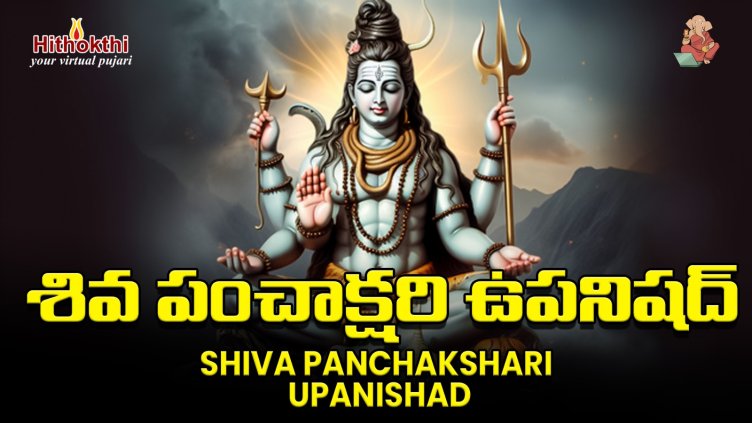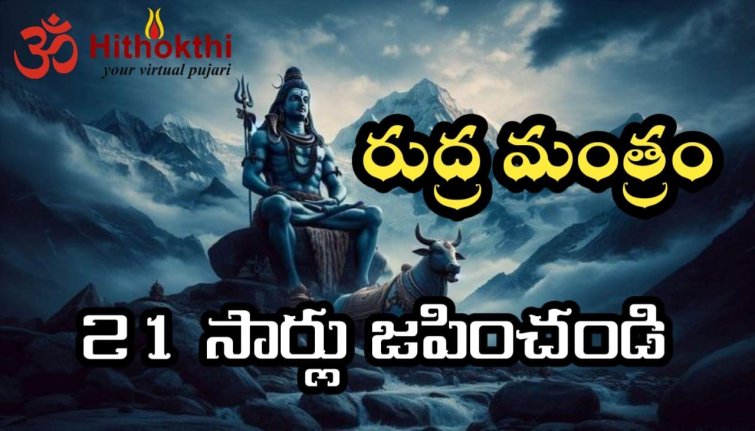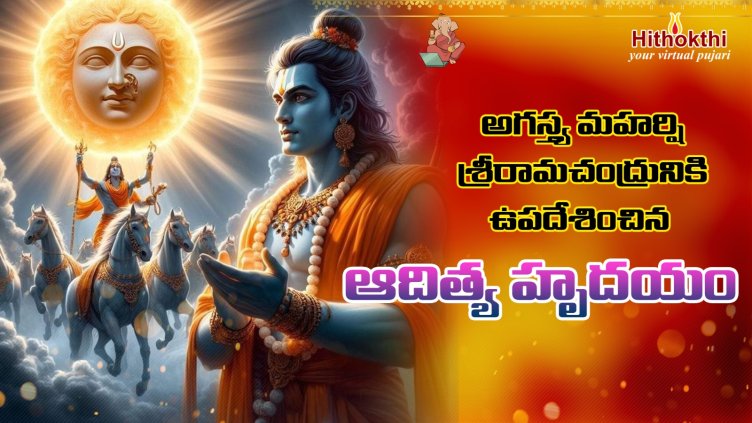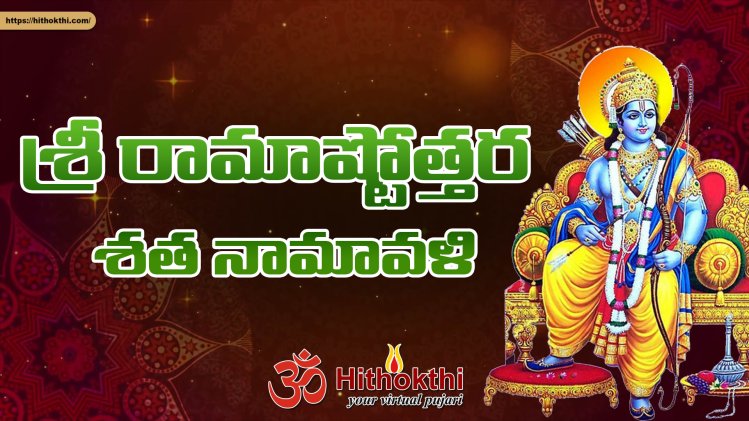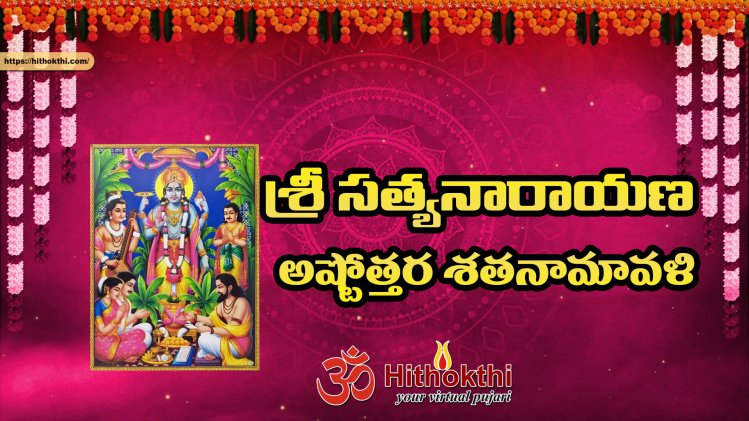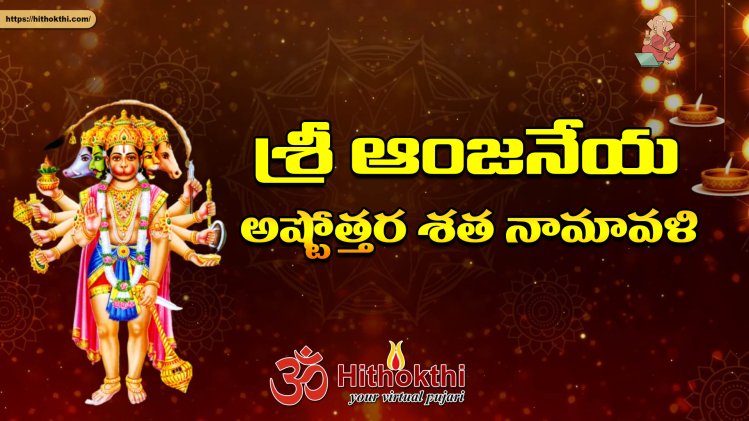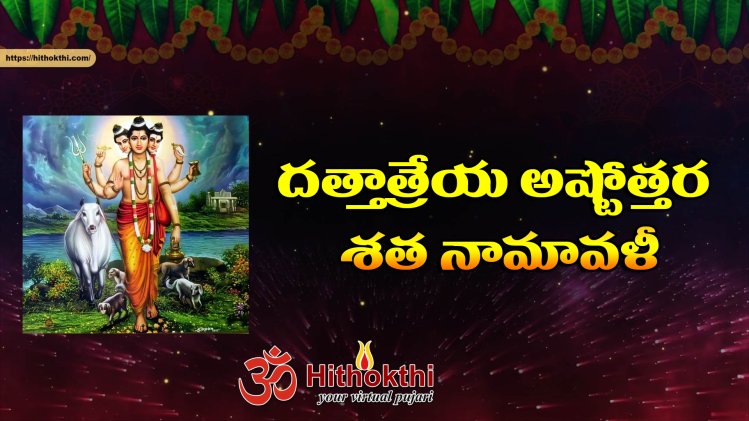Bhasha Mandir- A Temple of Languages
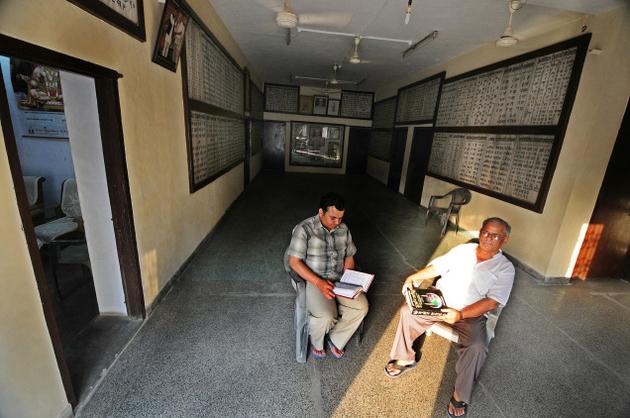
Lucknow, June 28, 2013: For the past 70 years, a family in Lucknow has been going through an ocean of languages and doing transcription and translation work.
The Awasthi family had taken up this job as a mission and performed it well. Not only that, they established the only language temple on earth, where the deities are letters from different languages of the world.
Bhuvan Vani Trust, a publishing house, which was established to integrate and promote languages by late Pundit Nand Kumar Awasthi in 1969, is still exploring various books written in different languages in the world and scripting it into ‘Devnagri’ (Hindi).
It all started in 1925, when India was boiling with bloodshed and the freedom movement. A young Nand Kumar reached Kolkata from Lucknow in search of a job. He got a job in Kolkata but the fight for independence had a major impact on him.
Intrigued by language
He was intrigued by literature and language, despite not having any literary background or formal education. He gained knowledge from various books. Influenced by the stalwart writers and leaders of that age, a passionate Nand Kumar started penning his thoughts for few local magazines in Kolkata.
“A secure job and a comfortable life could not lure my father. Rather, he had chosen the path of an uncertain life and left the job in 1928 to return home to Lucknow,” recalls Vinai Kumar Awasthi, son of Nand Kumar.
He wanted to join the magazine Madhuri, published by the legendary Munshi Nawal Kishore of Lucknow. But its pages were devoted to literary masters such as Munshi Premchand and others, and hardly had any space for a novice like Nand Kumar.
However, nothing could deter his zeal to move forward. Without focusing on commercial gain, he started exploring the world of translation and transcription. It took him more than 20 years to get a foothold in this particular field.
In the early 1970s, with the help of a few scholars, he was able to finish the gigantic task of transcription of Quran into Devnagri language. The first published version was highly appreciated by Muslim scholars of the country. It became popular among the large number of Muslims and non-Muslims who used to find it difficult to read Quran in Arabic.
There was no looking back after that. Books such as, Puranas, four parts of the Vedas, Upanishads, Ramayanas written in 14 different regional languages, Mahabharata, Srimadbhagavat Gita, several religious books on Sikhism including Guru Granth Sahib, Bible and Jadid (Hindi-Urdu Shabdakosh, dictionary) were published by the Bhuvan Vani Trust.
“So far, we have published 18 editions of Quran and several editions of other books. The demand for these books is rising,” asserts Vinai.
“In 1949, when Hindi was established as the rastra bhasha (national language), my father felt that the need of the hour was to bridge the gap between Hindi and several other regional languages. His continuous effort in this regard and therefore, to aid in enlightening the masses brought him several awards including the Padmasri,” says Vinai.
After his demise in 1988, Vinai took over the reins of the Trust and established the ‘Bhasha Mandir’, a temple of languages in 1990. The ‘temple’ showcases the script of several languages of the world along with the scientific transformation into Devnagri.
To compete in a hi-tech modern world, he changed the traditional printing press by introducing a computerised press with Hindi software. He took up the job to transcript the Brahmi scripts engraved on several stones during the period of King Ashoka. “Most of the scripts are on the life of Gautam Buddha and his vision for a better life,” says Vinai.
On the commercial viability of these books and whether it will interest the younger generation, Vinai asserts that these books are eternal. He found an interesting trend in recent times when a chunk of youth is showing interest in reading such books to know about the past.
Following the path of Vinai is his son Prasanna Kumar. He helps his father by managing the publications and software developments. To a question about his views, Prasanna replies, “I am passionate about languages and it is our duty to serve the people.”
Amazement is what I feel when I wonder how a family has been carrying on this work with the same passion for three generations!
Source: The Hindu, DT. June 28, 2013.

